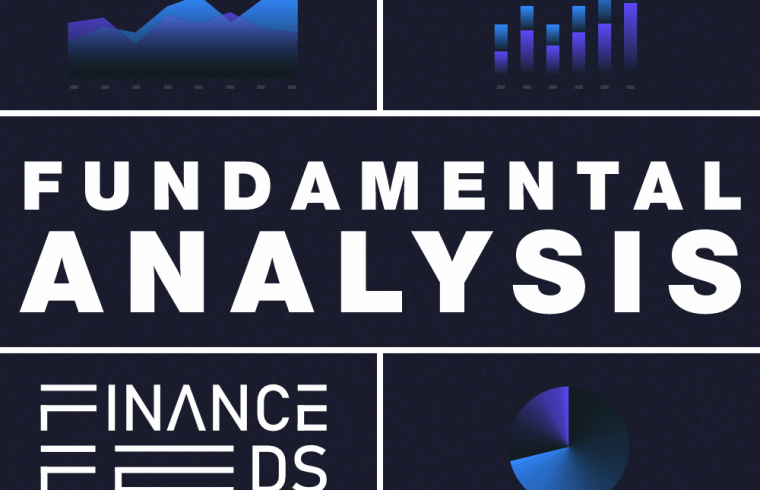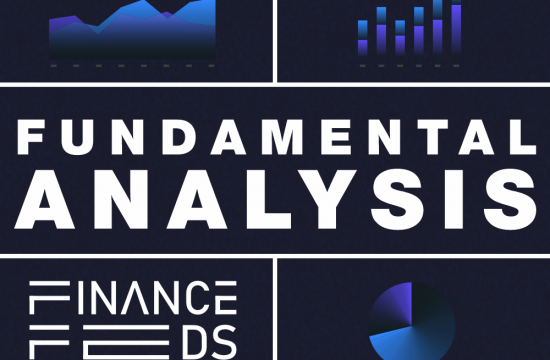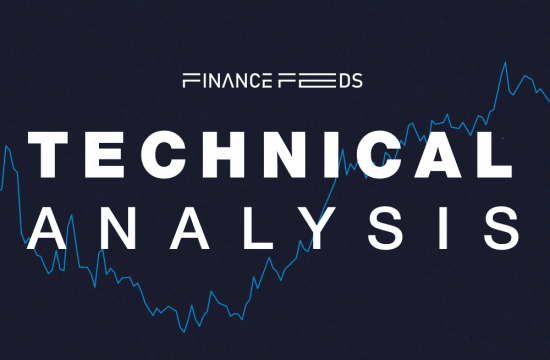The Fed is expected to cut rates, weakening the USD. The ECB will likely cut rates gradually. The US economy may outperform the Eurozone, supporting the USD. Speculators are cautious on the Euro.
1. Federal Reserve Monetary Policy and its Impact on the US Dollar:
Market Expectations:
- Aggressive Rate Cut: The market is increasingly pricing in a larger-than-expected rate cut by the Fed, with a 50 basis point reduction being the favored outcome.
- Underlying Factors: This shift in expectations is driven by recent economic data, such as the slower-than-expected increase in the Producer Price Index (PPI), which suggests that inflation might be easing. Additionally, concerns about a potential slowdown in the labor market are also contributing to the dovish outlook.
Impact on the US Dollar:
- Weakening USD: The expectation of a more accommodative Fed policy is leading to a decline in the US Dollar. A weaker USD generally benefits the EUR/USD pair, as it makes the Euro more attractive to investors.
- Yield Differential: The narrowing yield differential between US and European bonds is also playing a role in the USD’s decline. As the Fed is expected to cut rates, the interest rate advantage of US assets compared to European assets will diminish.
2. European Central Bank (ECB) Monetary Policy and Inflation Outlook:
Gradual Rate Cuts:
- Cautious Approach: ECB policymakers are emphasizing a gradual and measured approach to interest rate cuts. They are keen to avoid overdoing monetary easing and potentially causing unintended side effects.
- Data-Dependent Policy: The ECB’s decisions will continue to be guided by incoming economic data, particularly inflation figures. If inflation shows signs of slowing down more rapidly than expected, the central bank might opt for a more aggressive pace of rate cuts.
Inflation Expectations:
- Target of 2%: The ECB remains committed to its target of bringing inflation back to 2%. While they believe that inflation will gradually decline, they acknowledge that there are still challenges, especially in the service sector.
- Monitoring Inflation: The ECB will continue to closely monitor inflation developments and adjust its monetary policy accordingly. If inflation proves to be more persistent than anticipated, the central bank might need to take more aggressive measures.
3. Economic Outlook and Currency Pair Dynamics:
US vs. European Economies:
- Long-Term Outlook: The report suggests that the US economy might outperform the European economy in the long term. This could provide some support to the US Dollar and limit its decline.
- Relative Strength: The relative economic strength of the US and the Eurozone will be a key factor influencing the EUR/USD exchange rate. If the US economy shows signs of resilience, it could put upward pressure on the USD.
Speculator Positioning:
- Profit-Taking and Caution: The CFTC report indicates that speculators have been reducing their net long positions in the Euro. This suggests that there might be some profit-taking activity or increased caution among market participants.
- Market Sentiment: The shift in speculator positioning could be a sign of a potential change in market sentiment. If more investors become bearish on the Euro, it could put downward pressure on the currency.
Top 10 Economic Events for the Week
1. Federal Reserve Interest Rate Decision and FOMC Press Conference (September 18, 2024)
- Impact: This is the most significant event of the week, as it will set the tone for the US economy and financial markets. The Fed is widely expected to cut interest rates, but the size of the cut and the accompanying statements will be closely watched.
2. BoC Interest Rate Decision and Summary of Deliberations (September 18, 2024)
- Impact: The Bank of Canada’s decision on interest rates will have a significant impact on the Canadian dollar (CAD). The accompanying summary of deliberations will provide insights into the central bank’s thinking and outlook for the economy.
3. US Consumer Price Index (CPI) (September 17, 2024)
- Impact: CPI is a key indicator of inflation, and a higher-than-expected reading could suggest that the Fed may need to maintain a more hawkish monetary policy.
4. UK Consumer Price Index (CPI) (September 18, 2024)
- Impact: A higher-than-expected CPI reading in the UK could put pressure on the Bank of England to raise interest rates, which would be negative for the British pound (GBP).
5. ECB’s Elderson Speech (September 17, 2024)
- Impact: The speech by the ECB’s Elderson could provide clues about the central bank’s future monetary policy stance.
6. German Harmonized Index of Consumer Prices (HICP) (September 18, 2024)
- Impact: HICP is a key measure of inflation in the eurozone. A higher-than-expected reading could put upward pressure on the euro (EUR).
7. US Retail Sales (September 17, 2024)
- Impact: Retail sales are a key indicator of consumer spending, which is a major driver of economic growth. A stronger-than-expected reading could be positive for the US dollar (USD).
8. US Housing Starts (September 17 and 18, 2024)
- Impact: Housing starts are a leading indicator of economic activity, and a stronger-than-expected reading could be positive for the US economy and the USD.
9. Canadian Consumer Price Index (CPI) (September 17, 2024)
- Impact: A higher-than-expected CPI reading in Canada could put upward pressure on the CAD.
10. ZEW Survey (September 17, 2024)
- Impact: The ZEW survey measures the economic sentiment of German investors. A weaker-than-expected survey could be negative for the EUR.
The subject matter and the content of this article are solely the views of the author. FinanceFeeds does not bear any legal responsibility for the content of this article and they do not reflect the viewpoint of FinanceFeeds or its editorial staff.
The information does not constitute advice or a recommendation on any course of action and does not take into account your personal circumstances, financial situation, or individual needs. We strongly recommend you seek independent professional advice or conduct your own independent research before acting upon any information contained in this article.












